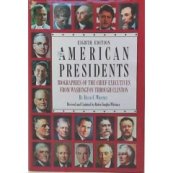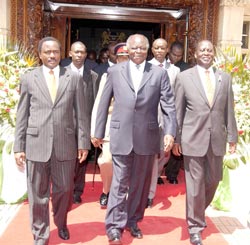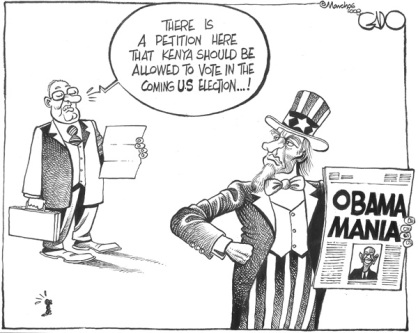As we celebrate the victory of “your son,” (Kenya Declares a National Holiday) I hope you pay close attention to the details.
- People voted across ethnic lines (at least in many places).
- Ballots were quickly and ACCURATELY counted, and the results released immediately.
- The loser graciously conceded, and both candidates put the campaign rhetoric aside and praised their opponents.
- There was no violence.
I know the circumstances here last year were difficult and different; we had our disputed election this decade too.
In 2012 your American son will be up for re-election, and both of our nations will be voting. For that election to be successful here, attitudes and systems need to begin changing now in preparation- “change you can believe in; the change we need” (I’m referring especially to ethnicity as a political tool and systems of accountability.)
So savor the moment, and let’s work towards making 2012 a celebration for all of us.
The Daily Nation editorial perhaps says it best: Lessons for Africa from US elections.





